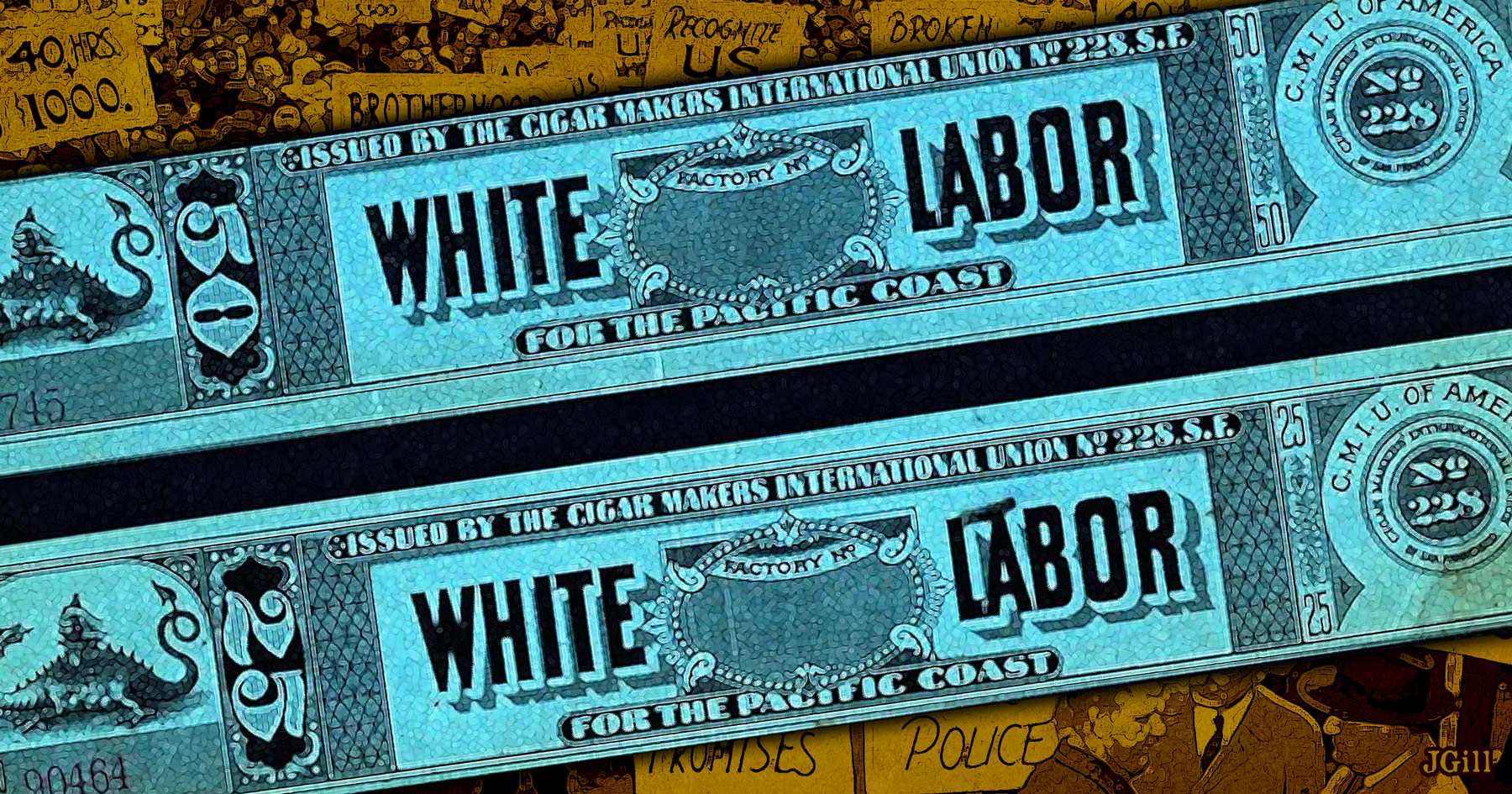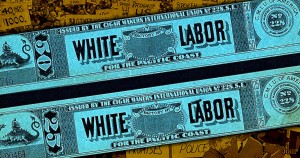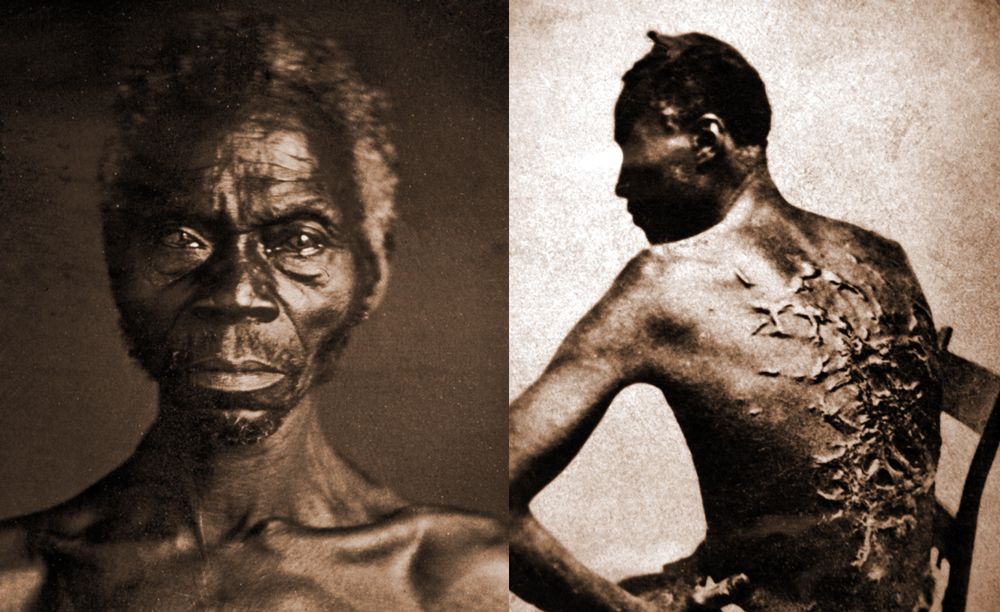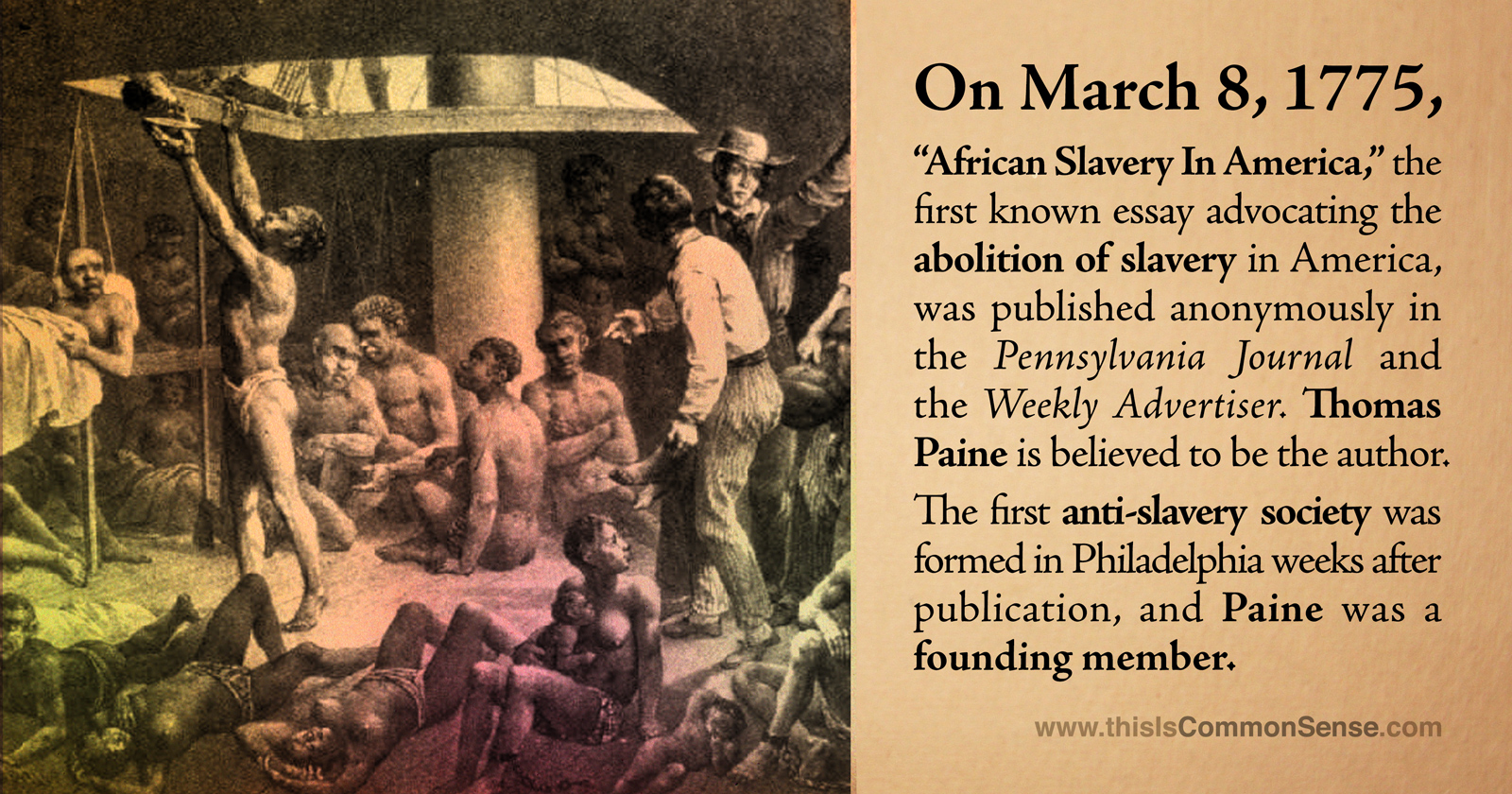Most folks think minimum wage laws are there to help the poor in particular and everybody in general. But economist Scott Sumner, exploring “Britain’s new minimum wage: Is there a hidden agenda?” finds Britain’s new Tory double whammy of decreasing welfare payments while hiking mandatory minimum wage something of a mystery:
Why would a Conservative government sharply increase the minimum wage, in a budget that in many other respects favored small government? The minimum wage is currently 6.50 pounds/hour, and 9 pounds/hour is almost $14/hour in US terms. Also recall that average incomes in the UK are lower than in the US.
He finds a possible reason: to dissuade immigration. Migrants usually have low skills, in part because of language difficulties, so they cannot command high wages — market wages, of course, being defined by worker productivity.
Could the new minimum wage be there to influence migration without doing so directly?
Sumner goes on to discuss the racist origins of the minimum wage in America, Australia, and South Africa. The purpose was pretty clearly to hurt poor workers. Minimum wage laws were established to protect white workers from cheap competition by darker skinned folk.
Sumner’s postscript is interesting: “The [American] Democratic surge of interest in the minimum wage occurred soon after the GOP surge of interest in immigration restriction. Let’s see if the GOP jumps on the minimum wage bandwagon.”
Of course, for every advocate of a class-based, favoritist policy who argues deceptively, there are dozens who are merely mistaken.
This is Common Sense. I’m Paul Jacob.






